Introduction
In our increasingly digital world, the question of how to know if glasses are blue light has become more relevant than ever. With the rise of screens in our daily lives, many individuals are turning to blue light glasses as a potential solution for eye strain and discomfort. But what exactly are these glasses, and how can you tell if your eyewear is genuinely designed to filter out harmful blue light?
Understanding Blue Light and Its Impact
Blue light is a high-energy visible light emitted from various sources, including the sun, LED lights, and digital screens. Its impact on eye health has sparked widespread discussion among consumers about whether all glasses have a blue light filter or not. As we spend more time in front of screens, it’s essential to understand how this type of light affects our vision and overall well-being.
The Science Behind Blue Light Glasses
The science behind blue light glasses revolves around their ability to reduce exposure to harmful wavelengths that may contribute to digital eye strain. These specialized lenses often feature a specific tint or coating that can help block or absorb blue light rays. However, many people wonder: How can I tell if my glasses are anti-radiation and blue light? This knowledge is crucial for making informed decisions when purchasing eyewear.
Evaluating Claims of Blue Light Protection
When shopping for eyewear, it’s vital to evaluate claims regarding blue light protection carefully. Not all products labeled as blue light glasses provide the same level of filtering; some may be more effective than others in reducing exposure to this high-energy visible spectrum. To ensure you're getting genuine protection, consider using online tools like a blue light filter glasses test online or examining the lens color—what do blue light glasses look like? By understanding these factors, you can make better choices about which products truly offer the benefits they claim.
What Is Blue Light?
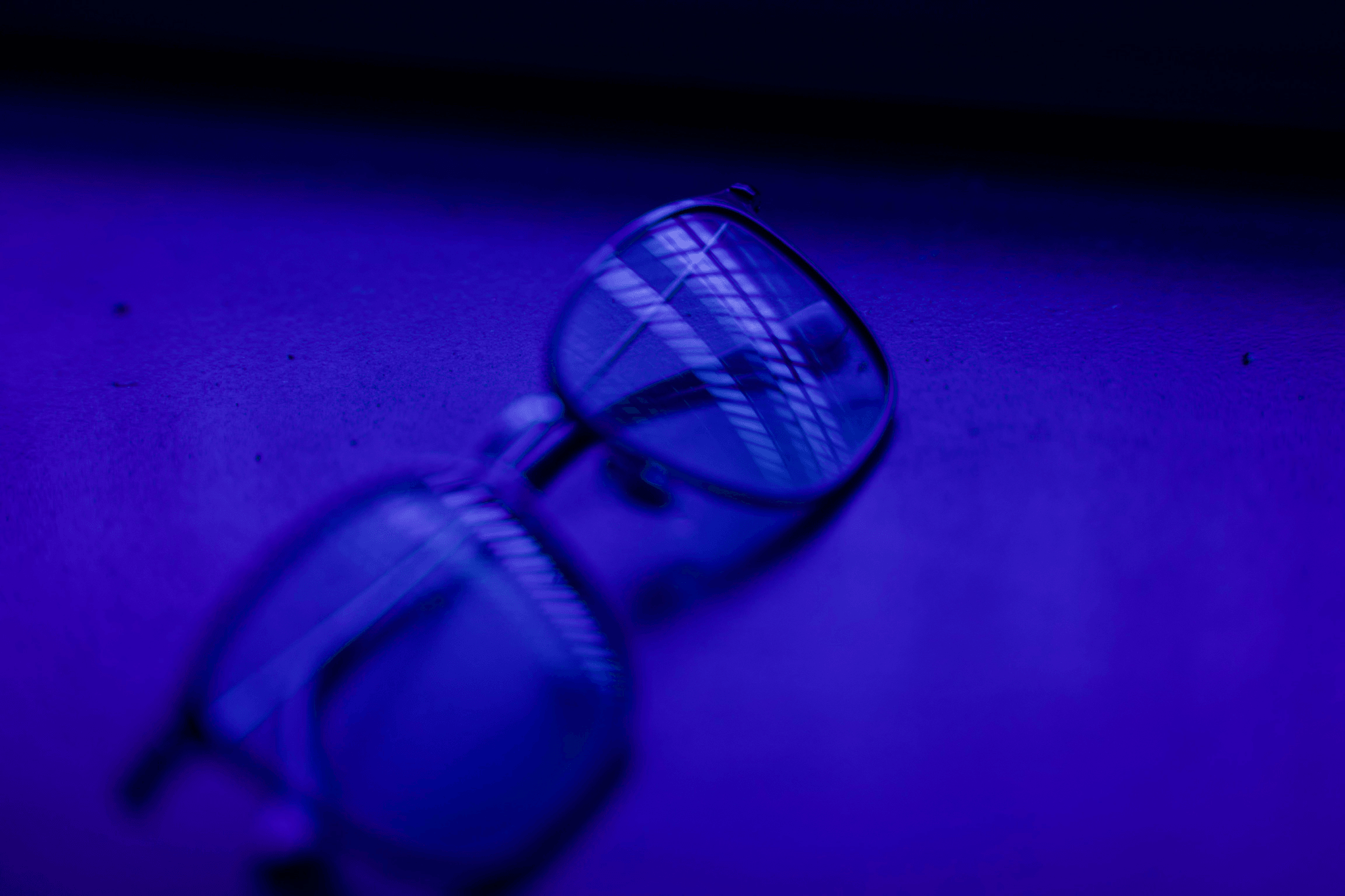
Blue light is a high-energy visible light that falls within the blue spectrum of visible light, ranging from approximately 380 to 500 nanometers. It is emitted by various sources, including the sun, fluorescent lights, LED screens, and digital devices like smartphones and computers. Understanding how to know if glasses are blue light is essential for those looking to protect their eyes from potential harm.
Definition and Sources of Blue Light
Blue light refers to a specific wavelength of light that has been shown to contribute significantly to eye strain and discomfort. This type of light can be found in numerous everyday sources; however, digital screens are among the most significant contributors due to their prevalent use in modern life. Knowing how to check if a lens is a blue lens can help you determine whether your eyewear provides any protection against this potentially harmful spectrum.
Effects on Eye Health
Excessive exposure to blue light has raised concerns about its effects on eye health, particularly regarding digital eye strain and potential long-term damage. Symptoms may include dryness, irritation, blurred vision, and headaches—common complaints among those who spend considerable time in front of screens. To address these issues effectively, many people wonder how they can tell if their glasses are anti-radiation and blue light; understanding the features of blue light glasses can provide clarity.
Relationship to Digital Screens
The relationship between blue light and digital screens cannot be overstated; as we increasingly rely on technology for work and leisure, our exposure levels have skyrocketed. Many individuals ask themselves: do all glasses have a blue light filter? The answer is no—only specific lenses designed with this feature will offer protection against harmful rays emitted from screens. For those curious about practical solutions, there are online tests available for checking if your glasses qualify as having a blue light filter; exploring these options can be beneficial in making an informed choice about your eyewear.
Features of Blue Light Glasses
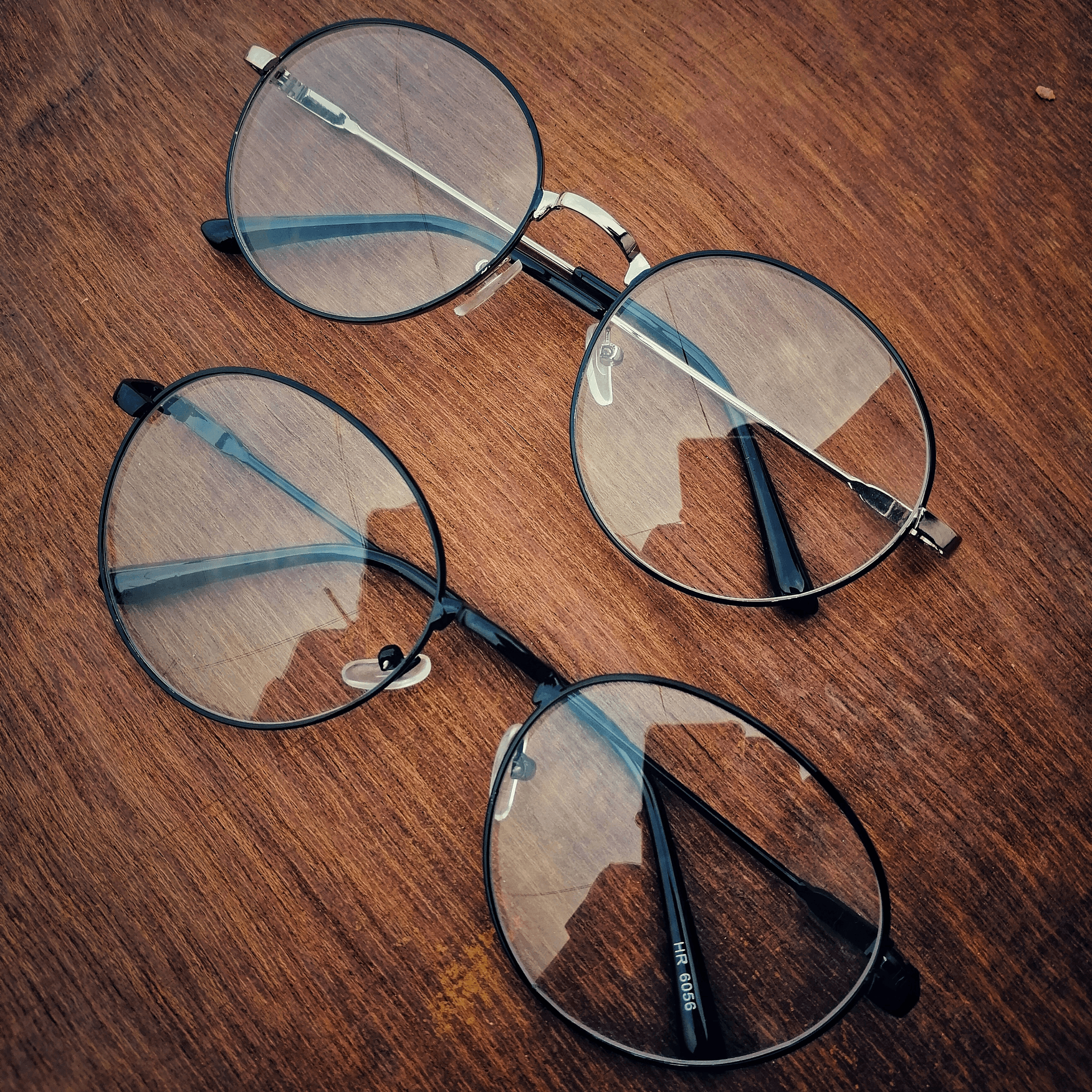
When it comes to blue light glasses, not all pairs are created equal. Understanding the various features can help you determine how to know if glasses are blue light and whether they meet your needs. From lens tint to design variations, each aspect plays a crucial role in their effectiveness.
Lens Tint and Coloration
One of the most noticeable features of blue light glasses is their lens tint and coloration. Typically, these lenses have a slight yellow or amber tint that helps filter out blue light wavelengths. If you're wondering how to check if a lens is a blue lens, simply look for this distinctive coloration; it’s often an indicator that the glasses are designed for blue light protection.
However, not all blue light glasses have visibly tinted lenses—some may appear clear while still providing protection. This leads many consumers to ask: do all glasses have a blue light filter? The answer is no; only specific models designed with this technology will offer that benefit. So, when shopping around, it's essential to be discerning about the lens tint and coloration.
Coatings and Treatments
Another feature that sets apart effective blue light glasses is the coatings and treatments applied to the lenses. Many manufacturers use special anti-reflective coatings that reduce glare from digital screens while simultaneously filtering harmful blue light. If you're curious about how you can tell if your glasses are anti-radiation and blue light, look for these advanced coatings on the product specifications.
Some brands even offer additional treatments like scratch resistance or smudge-proof finishes, enhancing durability while maintaining visual clarity. For those interested in testing their eyewear's effectiveness at home, there are online tools available—a simple blue light filter glasses test online search can yield options for checking your lenses’ capabilities without needing professional equipment.
Design Variations in Glasses
Design variations in blue light glasses can be as diverse as personal style preferences themselves! From trendy oversized frames to classic aviators or sleek modern designs, there’s something for everyone looking to incorporate these protective lenses into their daily lives. When exploring what do blue light glasses look like, you'll find options that fit seamlessly into both casual and professional settings.
But beyond aesthetics lies functionality; certain frame styles may accommodate prescription lenses better than others or provide more coverage against screen glare based on shape and fit. As such, it's worth considering how well your chosen design complements your lifestyle—especially if you spend long hours in front of screens! Ultimately, knowing how to know if glasses are actually blue light means paying attention not just to style but also comfort and performance.
Testing Glasses for Blue Light Filtering
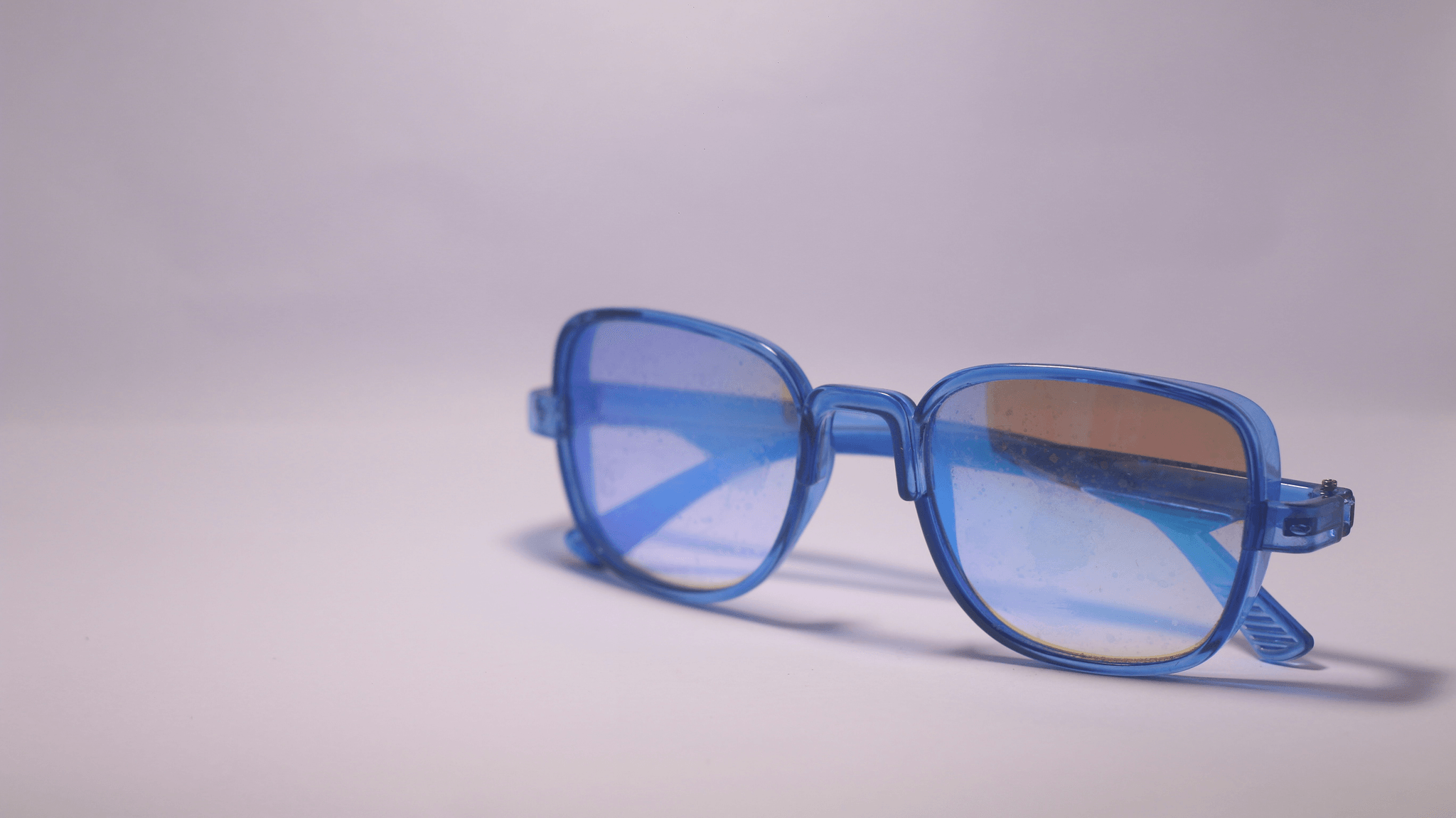
DIY Tests You Can Try
If you're curious about how to check if lens is a blue lens, a few simple DIY tests can provide some insights. One effective method involves holding the glasses up to a bright light source; if they emit a blue tint when viewed from certain angles, they likely have some level of blue light filtering. Another fun test is using a smartphone camera; take a picture of the lenses against a bright white background, and see if there's any color distortion in the image – this can be an indicator of whether your glasses filter out blue light.
However, these tests may not give you definitive answers on whether your glasses are truly anti-radiation and blue light or just tinted. It’s important to remember that not all glasses have a blue light filter; many regular lenses may appear similar but lack the necessary protective features. Therefore, while DIY tests can be entertaining and somewhat informative, they should be complemented with more reliable methods for accurate results.
Using Technology to Measure
For those who prefer tech-savvy solutions on how to know if glasses are actually blue light filters, there are several online tools available that allow you to conduct virtual assessments of your eyewear. Some websites offer interactive filters where you can upload images of your lenses or even use augmented reality apps designed for this purpose. These platforms often simulate how different types of lenses react under various lighting conditions, giving you an idea of their filtering capabilities.
Additionally, specialized devices like spectrometers can measure the wavelengths of light passing through your lenses in real-time. These gadgets provide precise data on how much blue light is blocked by your eyewear—perfect for anyone serious about protecting their eye health! While these technological solutions may require some investment or access to specific equipment, they certainly elevate your ability to discern effective blue light filter glasses.
Professional Lab Testing Options
If you're still left wondering how can I tell if my glasses are anti-radiation and blue light?, consider turning to professional lab testing options as the gold standard in verification methods. Many optical shops and laboratories offer comprehensive testing services that analyze the spectral transmission of your lenses under controlled conditions. This means you'll receive detailed reports outlining exactly how much harmful blue light is filtered out by your eyewear.
While this option might come with an added cost compared to DIY methods or technology-based assessments, it provides peace of mind knowing that experts conducted thorough evaluations using calibrated equipment designed specifically for this purpose. Moreover, receiving certification from reputable labs adds credibility when assessing claims made by brands regarding their products' effectiveness against harmful rays—essential information when shopping around!
In conclusion, understanding how to check if lens is a blue lens involves exploring various avenues from DIY experiments at home all the way up through advanced technology and professional testing services available today! Each method has its own merits depending on what suits your needs best; however investing time into verifying those claims will ultimately benefit both eye health and informed purchasing decisions down-the-line.
Popular Brands and Their Claims

When it comes to blue light glasses, the market is flooded with options, each claiming to provide superior protection against harmful blue light emitted from digital screens. Understanding these claims can help consumers discern which brands truly deliver on their promises. In this section, we’ll examine notable brands like Daposi Eyewear and Warby Parker, alongside consumer reviews that shed light on the effectiveness of these products.
Examining Daposi Eyewear
Daposi Eyewear has gained popularity for its stylish designs and purported blue light filtering capabilities. The brand claims its lenses reduce eye strain and improve sleep quality by blocking a significant amount of blue light. But how can you tell if your glasses are anti-radiation and blue light? Daposi provides information on their website detailing how to check if the lens is a blue lens, including product specs that highlight their filtering technology.
To further assess whether Daposi glasses live up to their claims, potential buyers often seek out online tests or user experiences. Many customers have reported positive outcomes after using these glasses during extended screen time, suggesting they may indeed offer some level of protection against digital eye strain. However, not all glasses have a blue light filter; thus, it’s essential to verify the specific features before making a purchase.
Consumer Reviews and Testimonials
Consumer reviews serve as invaluable resources when navigating the world of blue light glasses; they often reveal firsthand experiences that marketing materials may gloss over. Many users express curiosity about how to know if glasses are actually blue light; some suggest utilizing online tests specifically designed for verifying lens effectiveness—these blue light filter glasses test online tools can help ease concerns about authenticity.
Testimonials frequently highlight improvements in comfort levels during long hours spent in front of screens after using various brands’ products. However, opinions vary widely; while some swear by their chosen pair's efficacy in reducing headaches and fatigue related to screen exposure, others remain skeptical about whether all brands deliver equal performance in blocking harmful rays. Ultimately, exploring diverse consumer feedback will empower potential buyers to make informed decisions regarding which pair might best suit their needs.
The Importance of Third-Party Certifications
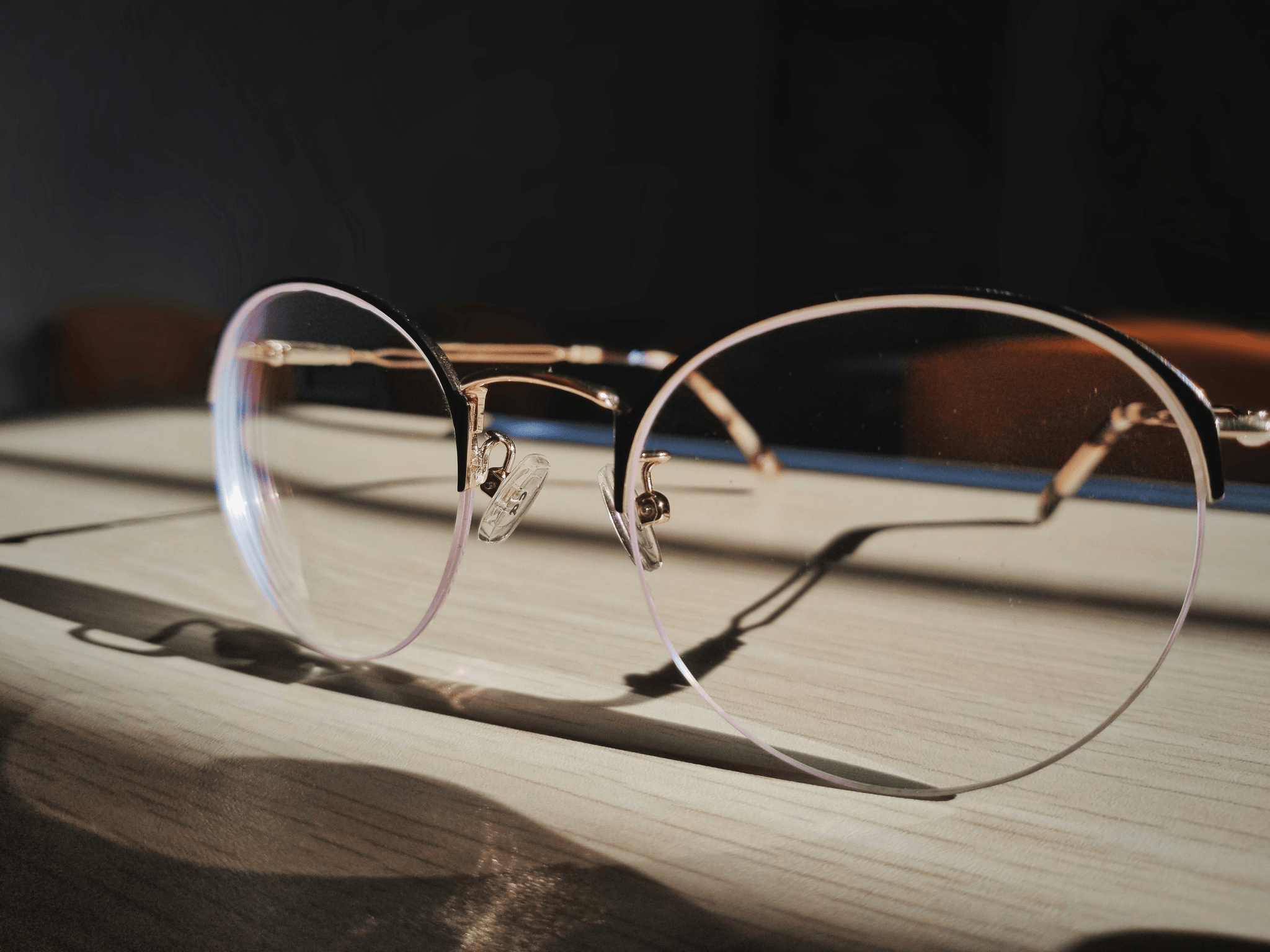
Understanding CE and FDA Certifications
CE certification indicates that a product complies with EU safety standards, while FDA approval signifies that a product has been evaluated for safety in the United States. Both certifications provide assurance that the blue light glasses you are considering have undergone rigorous testing. When evaluating claims about how to know if glasses are actually blue light, these certifications can give you peace of mind regarding their efficacy.
In addition to CE and FDA certifications, some brands may also have other industry-specific endorsements that further validate their claims. For example, certain lenses might be tested against specific wavelengths of blue light to ensure effective filtering. This level of scrutiny is essential when asking yourself, How can I tell if my glasses are anti-radiation and blue light?
How Certifications Influence Your Purchase
Certifications play a significant role in consumer purchasing behavior; they can make or break your decision on which pair of blue light filter glasses to buy. When consumers see these stamps of approval, they often feel more confident in their choice, believing they're investing in quality eyewear rather than just another gimmick. If you're wondering how to check if a lens is a blue lens or whether all glasses have a blue light filter, certified products tend to offer more reliable solutions.
Moreover, many retailers will highlight these certifications prominently on their packaging or websites — an excellent cue for savvy shoppers who want to know what they’re getting into before making a purchase. When browsing various brands like Daposi Eyewear or Warby Parker, keep an eye out for these important labels; they can help separate fact from fiction regarding what do blue light glasses look like and what features they possess.
Trustworthy Testing Bodies
Not all testing bodies are created equal; some carry more weight than others in the eyes of consumers and industry professionals alike. Recognized organizations like ANSI (American National Standards Institute) or ISO (International Organization for Standardization) conduct thorough evaluations that lend credibility to any claims made by eyewear manufacturers about their products' effectiveness against harmful rays. If you're on a quest for reliable information on how to know if glasses are actually blue light filters, these organizations often publish guidelines that clarify what makes effective lenses.
Conclusion
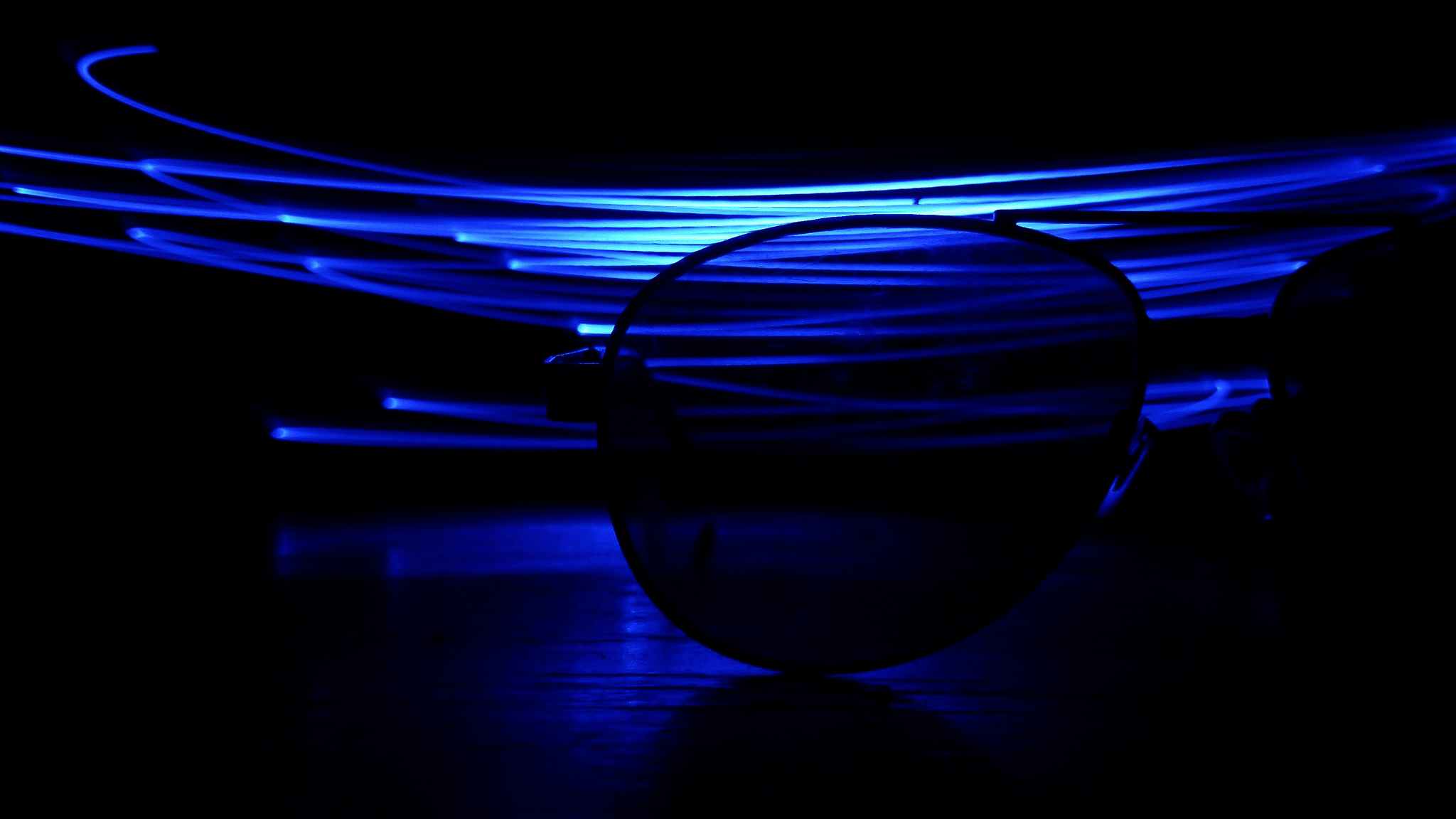
As we wrap up our exploration of blue light glasses, it’s essential to distill the information into actionable insights for consumers. Understanding how to know if glasses are blue light can significantly enhance your eye care routine, especially in our screen-dominated world. Remember that not all glasses come equipped with a blue light filter, so being informed is your best defense against misinformation.
Key Takeaways for Consumers
When considering eyewear, it's crucial to know how to tell if my glasses are anti-radiation and blue light. Look for specific indicators like lens tint and certifications that suggest effective filtering capabilities. Additionally, always check consumer reviews and testimonials; they often provide real-world insights into what do blue light glasses look like in terms of performance and comfort.
Making Informed Decisions on Eyewear
To make informed decisions on eyewear, start by learning how to check if lens is a blue lens through simple tests or online tools. You might also want to explore professional lab testing options if you’re serious about protecting your eyes from digital strain. Don't forget that understanding the features of your eyewear—like coatings and treatments—can help you determine how to know if glasses are actually blue light.
Future Trends in Blue Light Protection
Looking ahead, future trends in blue light protection may involve advancements in lens technology that enhance filtering without compromising clarity or comfort. The demand for stylish yet functional eyewear will likely lead brands to innovate further; imagine chic frames that seamlessly integrate cutting-edge protection! As more consumers ask questions like Do all glasses have a blue light filter? manufacturers will need to respond with transparency and quality assurance.
